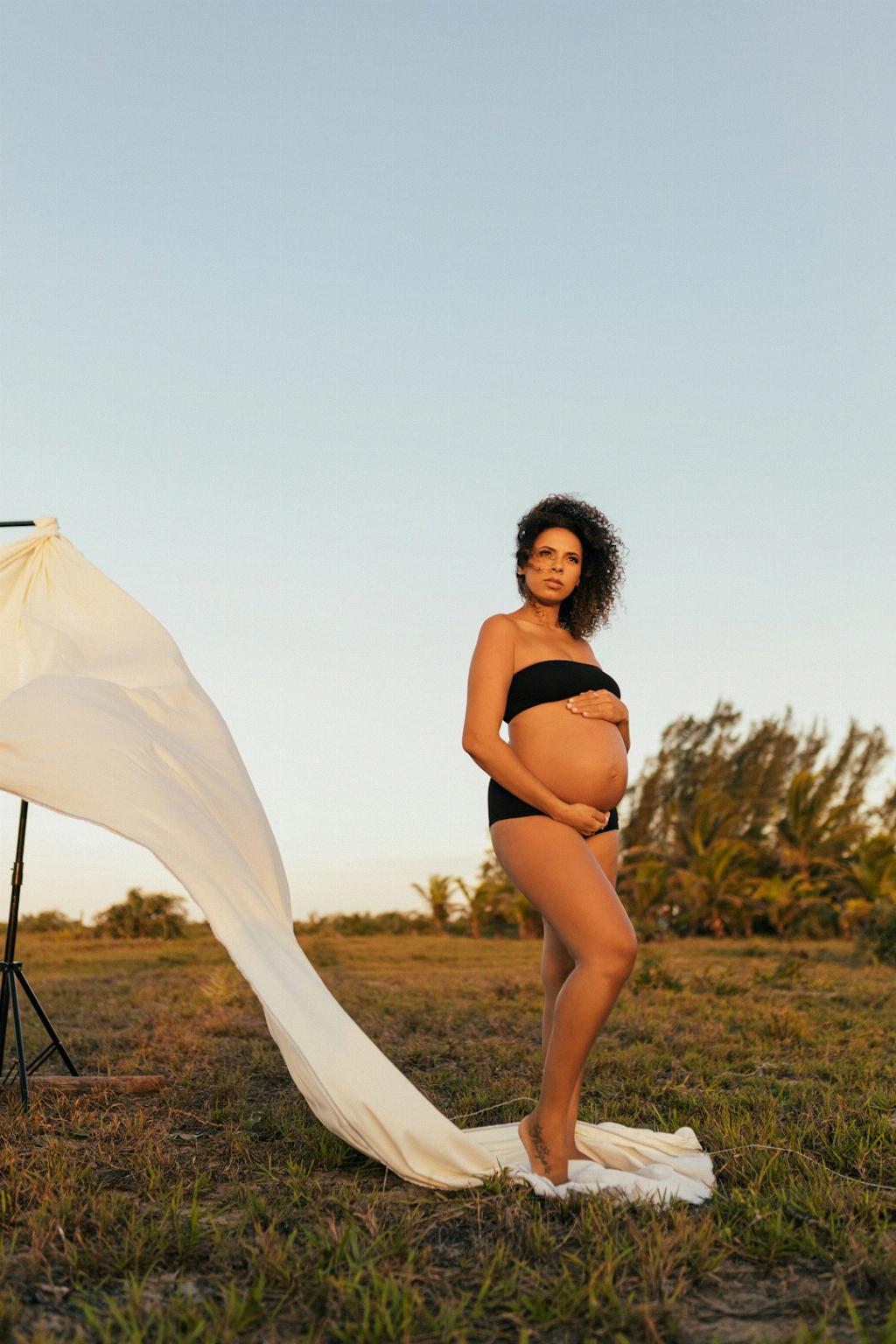When it comes to the two-week wait, a period following ovulation and preceding a potential positive pregnancy test, many individuals wonder about what activities are safe or risky during this crucial time. One common query that often arises is whether consuming alcohol is acceptable during this phase. It’s essential to address this question with care and consideration for the potential impact on one’s health and any possible pregnancy.
For those trying to conceive, the two-week wait can be a time filled with anticipation and uncertainty. It’s crucial to maintain a healthy lifestyle and make choices that support overall well-being. When it comes to alcohol consumption during this period, experts recommend exercising caution and erring on the side of restraint.
While the occasional drink may not pose an immediate threat, it’s generally advised to abstain from alcohol during the two-week wait. This is because alcohol can potentially affect the early stages of pregnancy, even before a person may be aware of conception. To safeguard against any potential risks, it’s best to refrain from drinking during this critical time.
Research suggests that alcohol consumption, particularly heavy or frequent drinking, can have detrimental effects on fertility and early pregnancy. Therefore, it’s wise to be mindful of one’s alcohol intake, especially when actively trying to conceive. Making informed decisions and prioritizing health and well-being can contribute to a positive outcome during the two-week wait.
Furthermore, smoking and other harmful habits should also be avoided during the two-week wait. These activities can impact fertility and potentially harm a developing pregnancy. By steering clear of harmful substances and adopting a healthy lifestyle, individuals can enhance their chances of successful conception and a healthy pregnancy.
It’s essential to listen to your body and prioritize self-care during the two-week wait. Engaging in relaxation techniques, practicing mindfulness, and focusing on positive habits can support overall well-being and promote a healthy reproductive environment. By nurturing both body and mind during this critical time, individuals can set the stage for a potential pregnancy.
If you’re unsure about whether certain activities are safe during the two-week wait, don’t hesitate to consult with a healthcare provider. Obtaining personalized advice and guidance can help address any concerns and provide reassurance regarding lifestyle choices. Your healthcare provider can offer tailored recommendations based on your individual circumstances and needs.
Remember that the two-week wait is a time of hope and possibility. By making informed choices and prioritizing your health, you can support your fertility journey and increase the likelihood of a positive outcome. Taking care of yourself physically, mentally, and emotionally can contribute to a holistic approach to conception and pregnancy.
In conclusion, while the exact impact of alcohol consumption during the two-week wait may vary from person to person, it’s generally advisable to avoid drinking during this crucial period. By being mindful of your lifestyle choices and prioritizing your health, you can create a supportive environment for potential conception and pregnancy. Remember to listen to your body, seek guidance when needed, and stay positive during this hopeful and transformative time.

